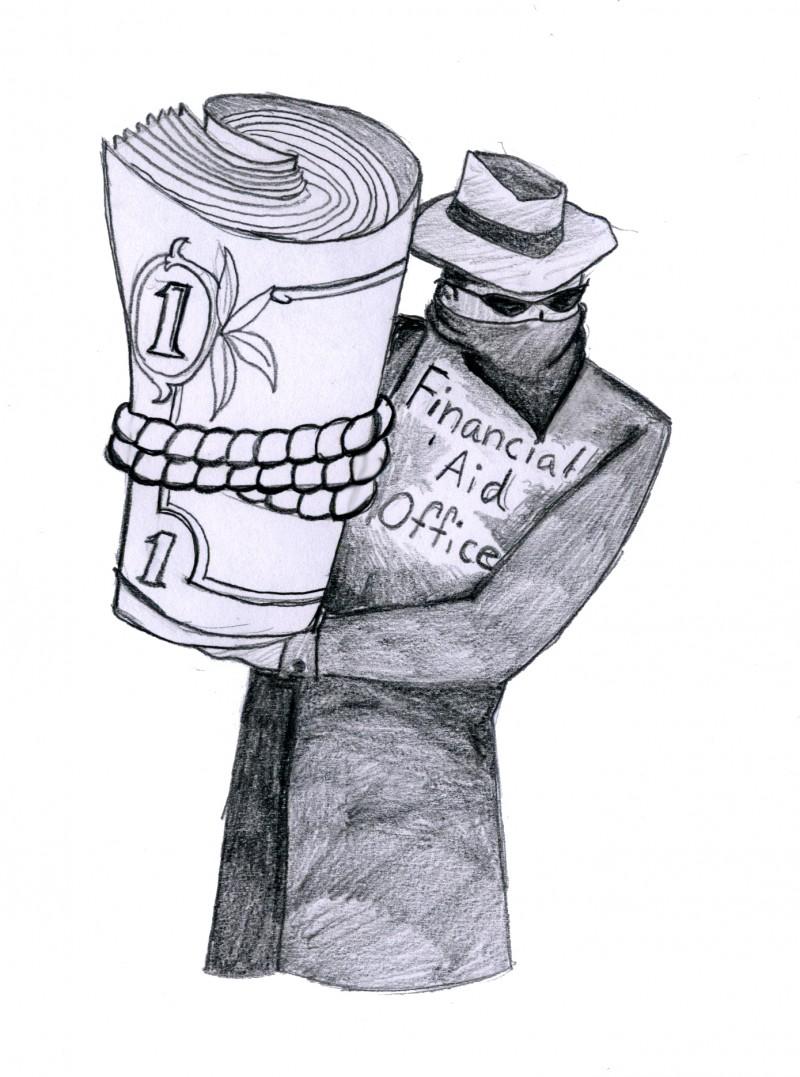
As if school wasn’t stressful enough, now I have to worry about being broke.
Chico State’s financial aid disbursement date was Aug. 21; however, like myself, there are many students on campus who are frustrated because they haven’t received their money yet.
Even though the financial aid office does offer a short-term loan of a maximum of $500, students shouldn’t be obligated to wait any longer than they’ve already had to.
While the reasons may vary, those who should have their award by now shouldn’t be placed under the same category as students who were irresponsible and didn’t get their paperwork in on time.
Sure, there are thousands of students that the Financial Aid Office has to deal with, but simply telling them that it’s taking longer than expected is completely unacceptable.
Figuring out a different way to process paperwork is necessary in order for students to have the sufficient funds to live here.
On a national level, President Barack Obama is hoping to change a bill to further help students with debt known as the federal Pay As You Earn program.
They’re making it available to all student loan borrowers. The new change will essentially allow students to cap monthly student loan payments at 10 percent of their incomes.
The change is expected to affect up to five million additional borrowers and will be available by December 2015. However, I still wonder what students are supposed to do until then. Or does the 10 percent cap really make that much of a difference?
Graduation is just around the corner for some fourth-years and this is something that every student should be cautious of.
According to a Black Book market research survey, most employers showed “little to no interest” in candidates that were more than $50,000 in debt. This is realistic, because most employers wouldn’t want to invest their money in someone that could potentially jump to other higher paying jobs.
This is a huge concern that is constantly hovering in the back of most college students’ minds. As eager as many are to start a career and go out into the real world, the last thing any student wants to worry about is being an average of $26,000 in debt by graduation.
Veronica De La Cruz can be reached at [email protected] or @Veronica_dlc on Twitter.








